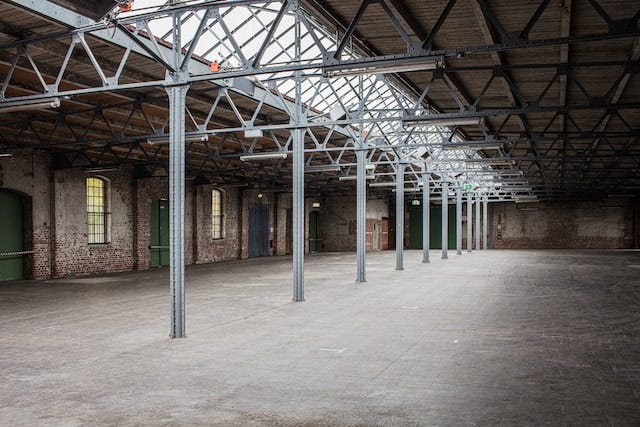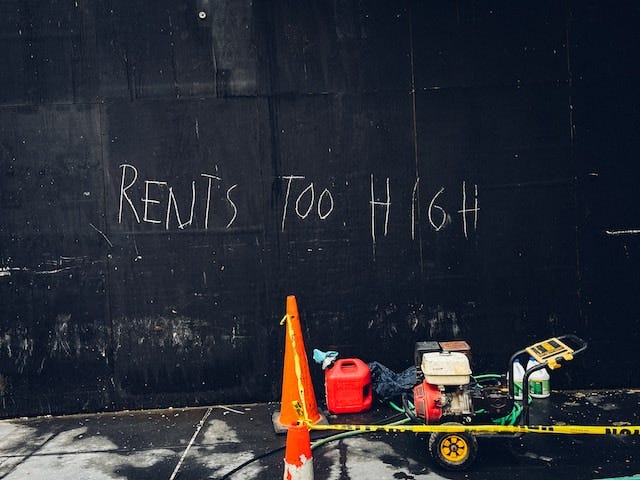😱 WeWork Fallout & Warehouse Wobbles
Navigating WeWork's Wipeout & Industrial Instability
In the world of distressed asset investing, the downfall of WeWork reads like a cautionary tale with a bitter end.
The shared workspace giant's bankruptcy announcement comes as no surprise.
After burning through an astonishing $13.8 billion investors have been left in the lurch, and landlords and CMBS holders are bracing for the fallout.
Start Generating Passive Cashflow
Buy shares of investment properties, earn rental income & appreciation for anywhere from $100 to $20k — let Arrived take care of the rest.
Shifting gears to the Midwest, we find the warehouse market in Chicagoland caught in a bit of a bind.
The once-booming industrial property sector is showing cracks, with vacancies unexpectedly rising from 4.6% to 5.2% in just a quarter.
It's a fresh opportunity for investors looking for distressed assets, as this oversupply could spell trouble for current holders and open doors for those with cash at the ready.
In this edition of the AltReports:
💸 Burning Billions
📦 Warehouse Wobbling
🏚️ Rent Reductions
💰 Payment Pitfalls
🍳 Fiscal Frying-Pan
Video of the Week: 90% of All Maturing CMBS Loans Just Went Bust
Chart of the Week: Housing Defaults Hit Highest Levels in a Decade
Podcast of the Week: Direct Mail Magic
RIP WeWork, the pinnacle of how to torch investors' money.
Its life ended with a bankruptcy filing, after spending a whopping $13.8 billion of investor cash that it amassed in 22 funding rounds (!!!).
Most of its financial blows came from SoftBank and its Vision fund.
WeWork owed pretty much everyone —$14.1 billion in lease obligations and $2.9 billion in long-term debt.
Chicagoland Warehouse Vacancies Stay on the Rise
After one helluva industrial development spree, it seems like Chi-town's finally hit a bit of a rough patch.
The vacancy rate for industrial properties has, quite shockingly, jumped to 5.2% in Q3, up from a comfy 4.6% at the midyear mark.
Seems like the developers got a bit too giddy with the construction play, leading to an oversupply that's done no good to an already fragile market dynamic.
Where Should Investors Be Scared of Falling Property Prices and Rents?
Rates, inflation, and insurance premiums, are all skyrocketing, while occupancy rates are swirling the drain.
Despite the spirit of declining prices and rents haunting the housing market, most U.S. cities are refusing to succumb to the decay.
But keep that panic button handy because a small but unsettling number of places have seen home values drop.




